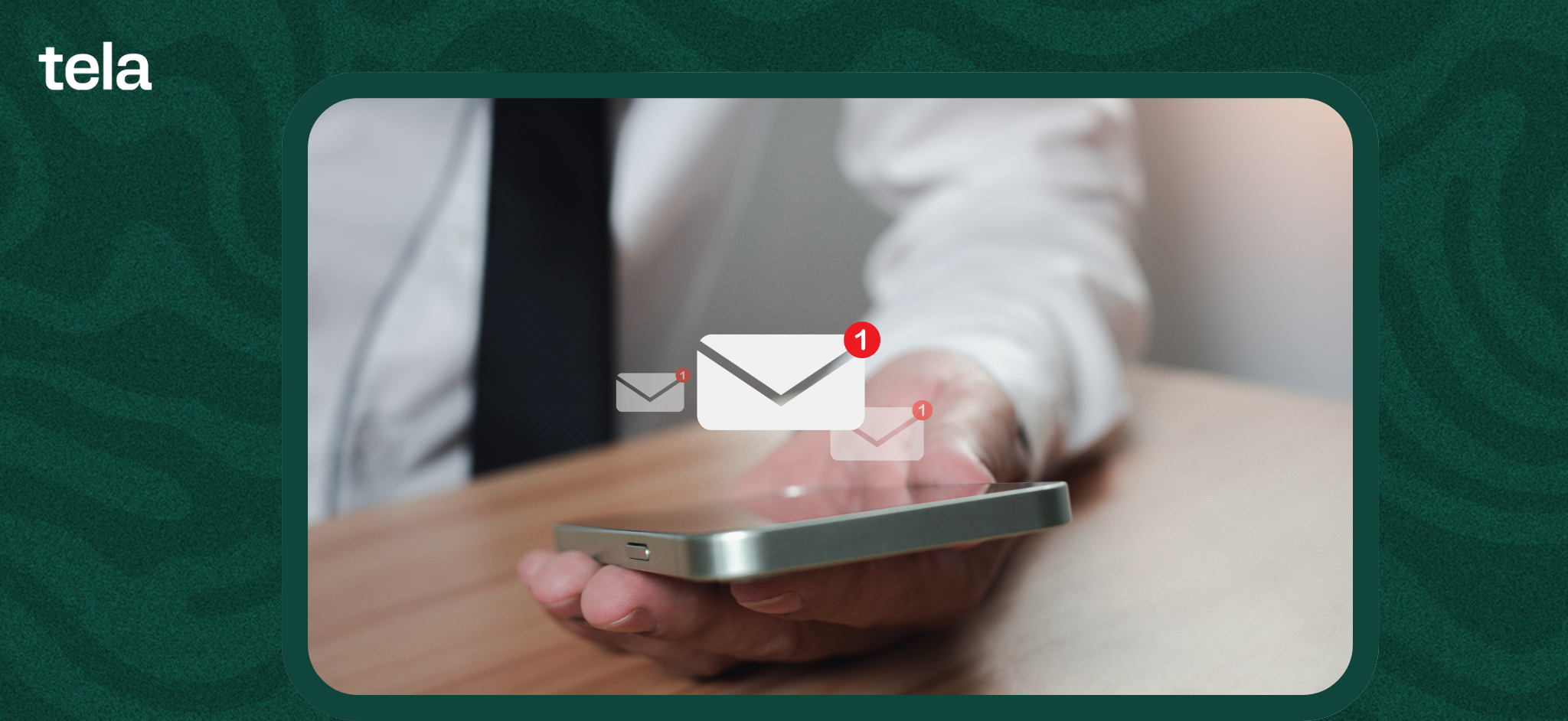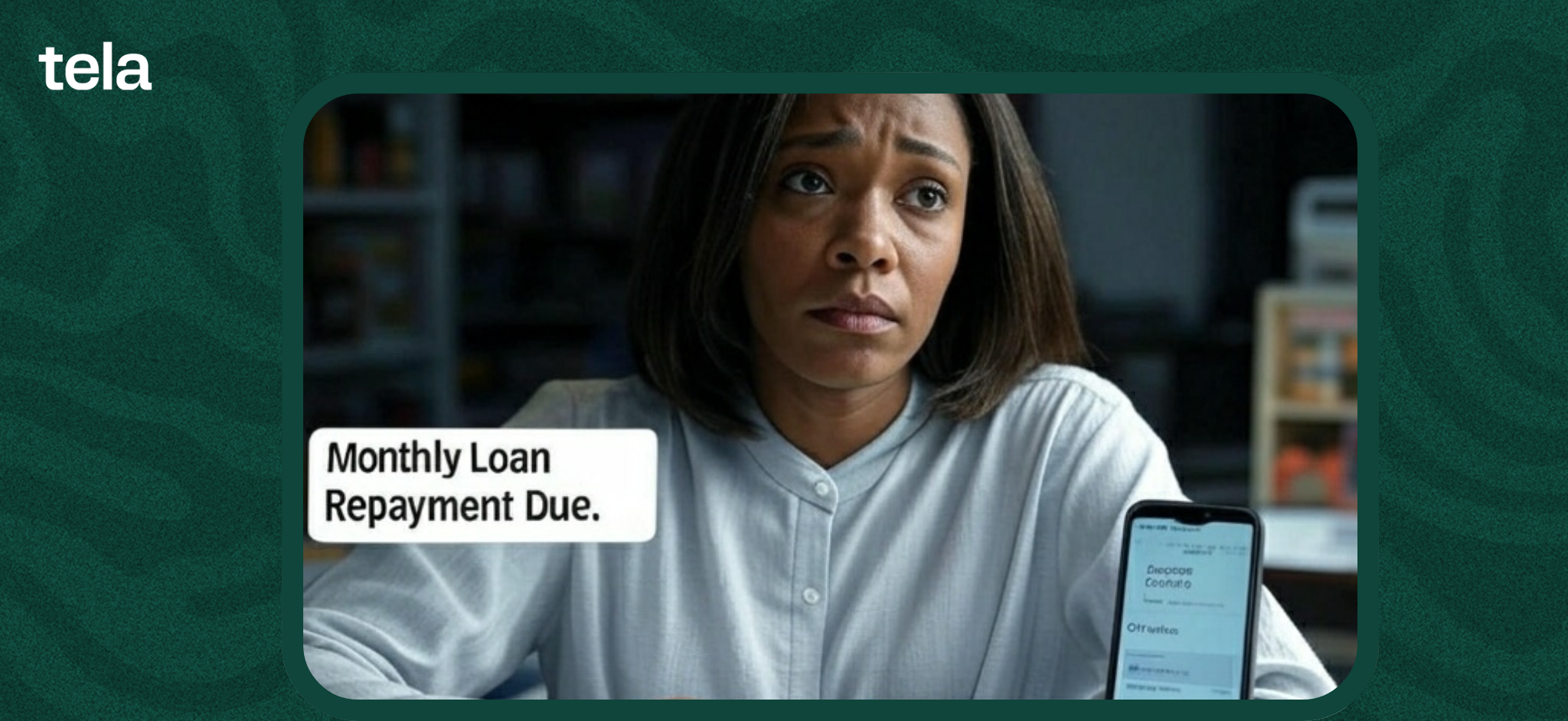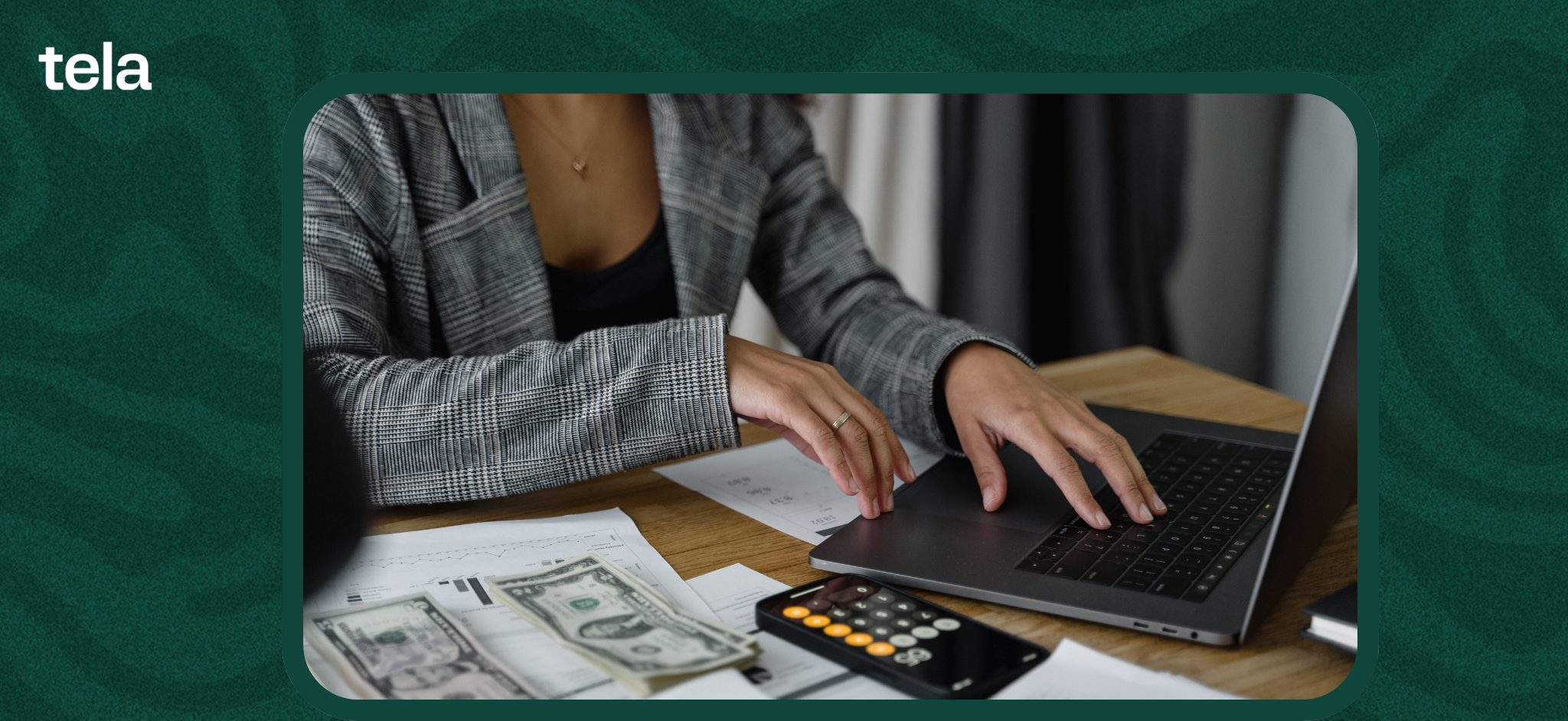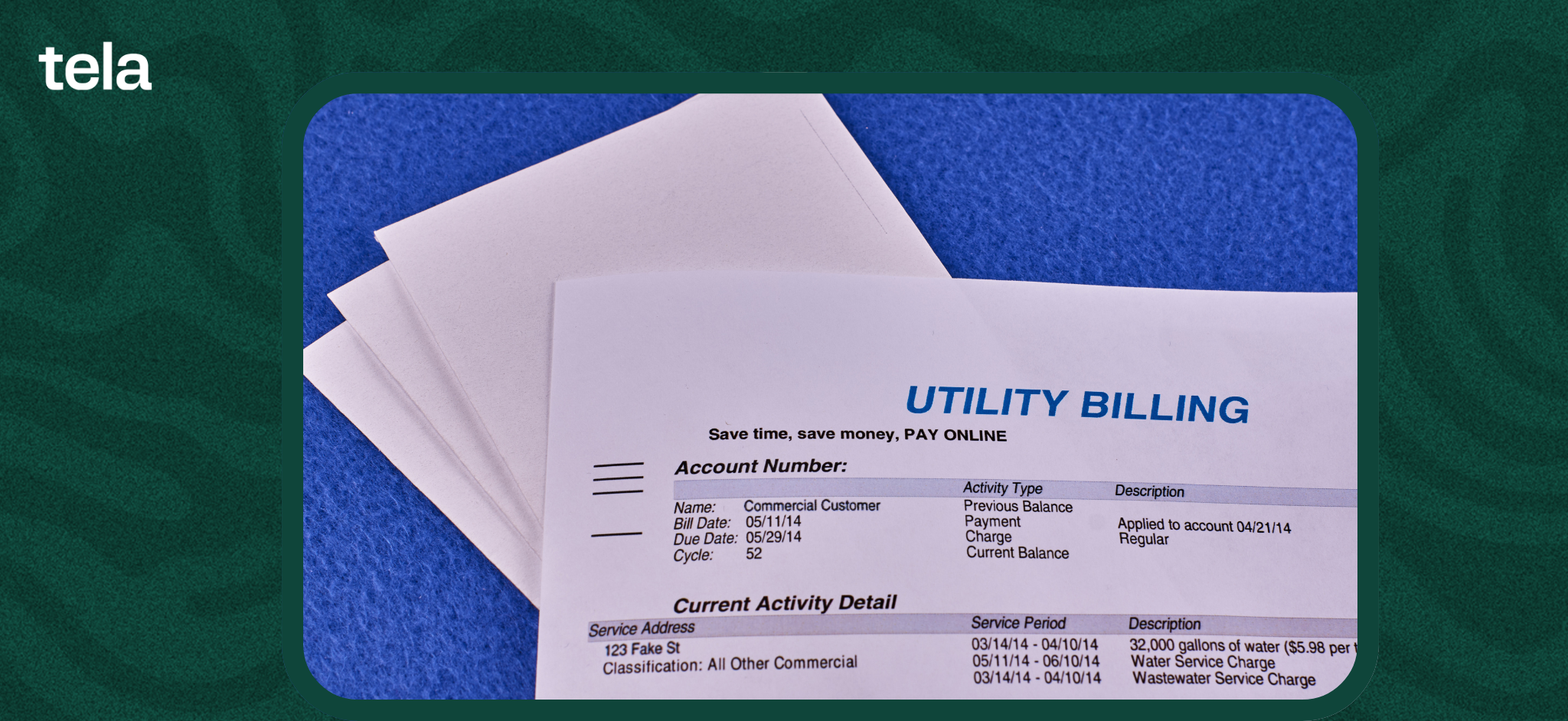Most financial leaks happen for one simple reason: they seem too small to matter. A little Money here, a minor charge there. What's the harm? But financial leaks don’t take money in one big chunk; they operate like slow, steady drips that add up over months and years.
Whether you’re managing personal finances or running a business, identifying these leaks is the first step to fixing them.
What Are Financial leaks?

A financial leak or Money leak is any unnoticed, unnecessary, or avoidable expense that reduces your financial health over time.
These leaks don’t always come from reckless spending; sometimes, they’re hidden in plain sight, small charges, unnoticed fees, or automatic payments you’ve long forgotten.
Most Common Financial Leaks and How to Fix.
1.Subscription and Service leaks

Subscription services are one of the easiest ways to lose money without realizing it. Most people don’t track small, recurring charges. What starts as a ₦100 monthly service can quickly become a stack of forgotten charges eating away at your bank account.
How to spot it:
● Review your bank and credit card statements: by going through the last 3-6 months of transactions in details.
● Check your email for renewal notices: Search for keywords like “subscription,” “renewal,” “your payment,” or “auto-charge”, Check for free trials that converted into paid plans
● Use a Subscription Tracker: If manually tracking sounds tedious, use an app to track and categorize all expenses.
This app can automatically find and cancel unused subscriptions.
How to Fix It:
● Cancel any service you haven’t used in the last 2-3 months.
● Set reminders before free trials end.
● Negotiate for better deals or switch to free alternatives.
2. Bank Fees & Hidden Charges

ATM fees, overdraft charges, foreign transaction fees, and even maintenance fees on your bank account. Banks profit from people who don’t pay attention.
How to spot it:
● Check Your Monthly Statements: Look for fees under ‘Service Charges’ or ‘Account Fees’.
● Log Into Your Online Banking Portal: Most banks have a fee summary section in their app or website. Search for transactions labeled ‘Fee,’ ‘Charge,’ or ‘Service Cost’.
● Call Your Bank for a Fee Breakdown: If you’re unsure about certain charges, call customer service and ask for a detailed fee report.
This app can automatically find and cancel unused subscriptions.
How to Fix It:
● Switch to a bank with zero monthly fees and low ATM charges.
● Set up alerts to avoid overdrafts.
● Always use in-network ATMs.
3.Impulse Spending & Lifestyle Creep.

That ₦200 pizzas, the daily Uber ride, or the flash sale that felt too good to pass up. It refers to lifestyle inflation. The habit of spending more as you earn more. It’s one of the biggest financial leaks because it feels natural after all, don’t you deserve to enjoy the fruits of your labor?
But Small, impulsive purchases pile up before you know it.
How to spot it:
● Track daily spending for a week.
● Check how much you spend on "wants" vs. "needs."
This app can automatically find and cancel unused subscriptions.
How to Fix It:
● Set a monthly spending cap for fun expenses.
● Pay with cash instead of cards to make spending feel more real.
● Increase Income, not expenses. When you get a raise, avoid the urge to spend more immediately.
4. Debt Traps & High-Interest Loans

Debt can be useful and dangerous. Used wisely?, it helps you invest in education, business, or property. Used recklessly, it becomes a financial prison, draining your income with high-interest payments, late fees, and endless stress.
You can unknowingly fall into debt traps, make minimum payments while your balance grows out of control.
How to spot it:
● Buy Now, Pay Later (BNPL) Scams : Split your purchase into 4 easy payments!” sounds great. But you missed one payment, and late fees can hit hard. BNPL encourages overspending. pushing you to buy more than you need.
● Payday Loans & Quick Cash Advances: These promise “fast money,” but come with insane interest rates.
● Auto Loans & Car Leases: Many people buy cars they can’t afford, stretching payments over 6–7 years. Leasing means you’re paying for a car you’ll never own.
This app can automatically find and cancel unused subscriptions.
How to Fix It:
● Pay off high-interest debt first.
● Use cash for daily spending to avoid credit card reliance.
● Set up an emergency fund
● Invest instead of borrowing, grow your money
● Educate yourself the more you know about money, the less likely you’ll be trapped again.
5. Unconscious spending.

Unconscious spending happens when you spend without thinking, out of habit, or convenience.
They are small, seemingly harmless expenses that add up over time. You don’t notice them in the moment, but over weeks and months, they create a massive financial leak.
What are unconscious spending
Streaming subscriptions you forgot to cancel
Impulse buys at checkout (That “just one more thing” habit)
Delivery fees from ordering food too often (Convenient, but costly)
Unused gym memberships (You’re paying, but are you going?)
How to Stop
● Track every expense for 30 Days: Write down every purchase no matter how small. Use an app or a notebook
● Audit Your Subscriptions: Go through bank statements, cancel anything you don’t use regularly
● Cook one extra meal per week to replace a takeout order
6. Overpaying for Basic Needs : Energy & Utility Waste

Electricity, water, gas, internet, and phone bills these essential services keep your home running, but they can also be a major financial leak if you’re not careful.
Unintentionally you can waste hundreds, even thousands, each year by:
❌ Leaving appliances running when not in use
❌ Using outdated, energy-hungry devices
❌ Paying for overpriced or unnecessary service plans
❌ Ignoring small leaks and inefficiencies that add up over time
How to Stop
● Review your utility bills if they are increasing or decreasing. This can reveal any hidden leaks.
● TV, gaming consoles, and even phone chargers use electricity even when turned off. This is called phantom power, and it can account for 5%–10% of your electricity bill.
● Audit your Internet, cable & Phone: Check your last bill, for premium speeds, cable channels, or extra data you don’t use
How to fix
● Upgrade to LED Bulbs: LED bulbs use 75% less energy than traditional bulbs and last 25 times longer.
● Older refrigerators, washing machines, and air conditioners use 2–3x more energy than modern models. Switch to Energy-Efficient Appliances.
Conclusion
Financial leaks are sneaky, small fees, unused subscriptions, and habits you don’t notice. But over time, they add up. Spot them, fix them, and keep more of your money.